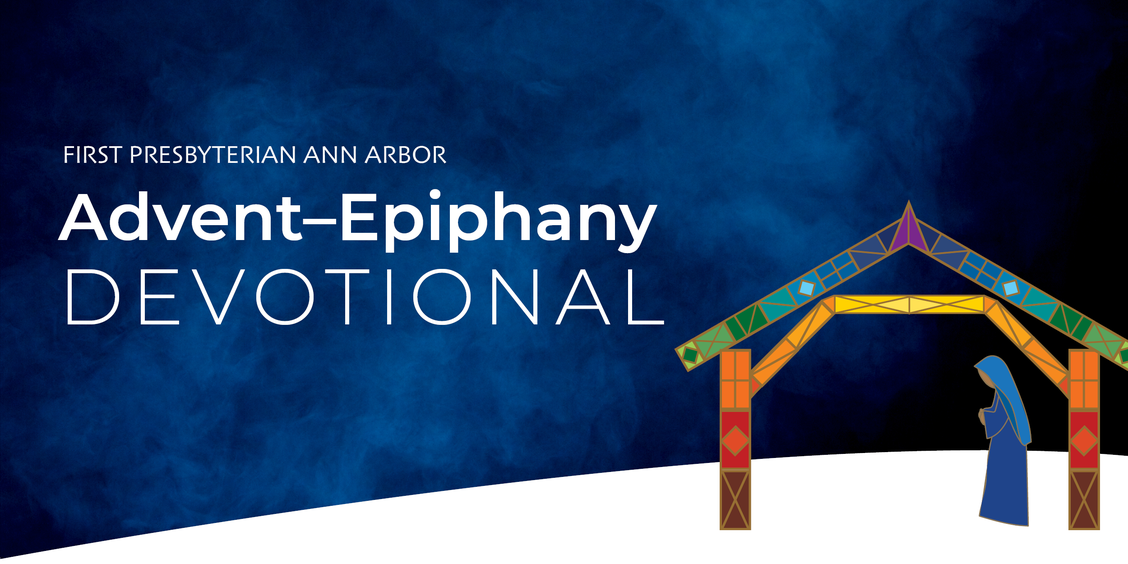
Pointing to Christ: John Calvin on Faith, Ministry, and the Offense of the Gospel
In his commentary on Matthew 11:1–6 and Luke 7:18–23, John Calvin offers a profound theological meditation on John the Baptist’s inquiry into Jesus’ identity. Calvin begins by highlighting Jesus’ steadfast dedication to his ministry. Even as the Apostles embarked on their missions, Christ continued teaching and preaching in Galilee. Calvin underscores the significance of the term “commanding,” noting that it reveals the Apostles’ role as emissaries bound by Christ’s explicit instructions. They were not free to act according to their own judgment but were entrusted with a clear mandate to guide their message and conduct.

Angels in the Field: A Reflection on Witness and Glory Based on Barth’s CD III.3, 505
The night was ordinary, or so it seemed. Shepherds watched over their flocks in the stillness of the fields, their lives shaped by routine and the simple rhythms of the earth. But on this night, heaven broke into the mundane. An angel of the Lord appeared to them, and the glory of God—brilliant, otherworldly, and unmistakable—shone around them. It was not the kind of glory that blinds or terrifies, but the kind that enlightens, liberates, and calls. The shepherds, startled yet captivated, would soon embark on a journey that would change them forever.

An Advent Devotional: Psalm 18:28
The Hebrew word for “light” in the first clause, tā-ʾîr, comes from the root ʾwr, meaning to dawn, shine, or ignite. This imagery is rich and transformative, evoking the power of God’s light to pierce the deepest darkness. The psalmist’s words reflect a profound truth: God’s presence brings not only clarity and direction but also the strength to endure and overcome life’s challenges. The theologian Karl Barth describes Psalm 18:28 as a vivid expression of God’s empowering work in the life of the believer (see Barth, CD IV.1, pp. 605–608). For Barth, the image of God lighting the psalmist’s lamp is not merely poetic—it’s a declaration of divine grace breaking into human frailty. The “lamp” represents hope, vitality, and renewal, illuminated by God’s redemptive and restorative presence. The darkness that the psalmist describes encompasses the weight of Sin, despair, and external threats, but God’s light transforms this reality, offering new strength and a future filled with promise.

A Lenten Devotional: Hebrews 1:8-12
In these passages (quoting from the psalter and Isaiah), the author of the Epistle wants to show us that Jesus Christ is superior to the angels—that he is the Lord. We labor under a misapprehension if we understand the lordship of Jesus Christ as just one among so many doctrinal points to be believed. These verses elaborate on God’s temporality (that is, his time) in Jesus Christ. The eternity of God’s throne is closely tied together with God’s endless righteousness. The righteousness of God is coextensive with the terrain of God’s kingdom, which encompasses and transcends the cosmos. Only Nothingness exists outside of God’s kingdom; Nothingness will not, however, have the last word.

A Lenten Devotional: John 7:14–31, 37–39
At the Festival of Booths, Jesus told the crowd, “Those who speak on their own seek their own glory; but the one who seeks the glory of him who sent him is true, and there is nothing false in him.” There is a symmetry between Jesus’s activity in the world and the divine activity of the Creator God. The Father “has given [Christ] these works to accomplish in the Father’s name and for the manifestation of this name.” We also see the corollary. “Because the Father dwells in Him, the Son, it is the Father who performs the works through Him. Thus the Son is not really alone in His action, but He who sent Him is with Him” (Barth, CD III.2, p. 63). The Triune God is at work in the Christ-event, for us and for the life of the world, in the power of the Holy Spirit. Jesus’s call, “Let anyone who is thirsty come to me, and let the one who believes in me drink,” is precisely an invitation to reimagine what Lent means for us today.

An Advent Devotional: Phil. 1:3-11
Paul’s peace (eiréné) is literally a tying together—in Greek, the word derives from eirō (to tie together). Joined together in life’s creative wholeness, the united community of God, which “[shares] in the gospel” (koinōnia), joyfully perseveres through all hardships in thanksgiving and gratitude.